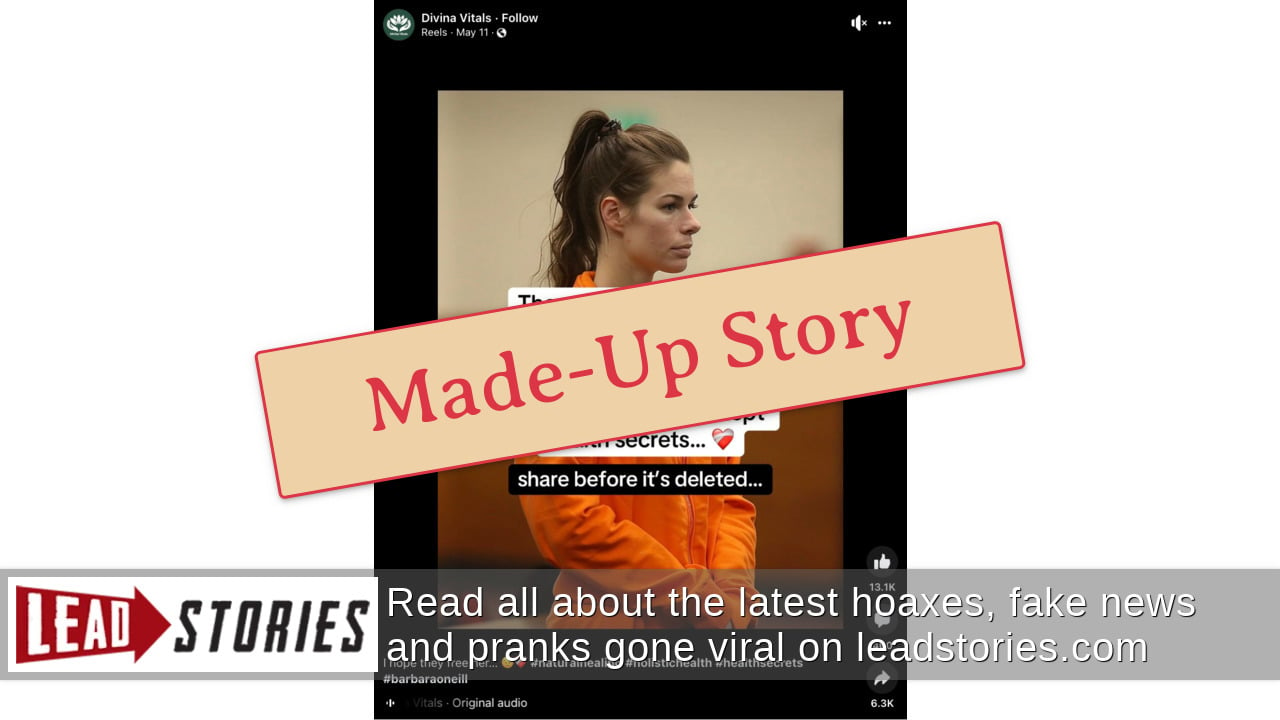



A Netflix true crime documentary called 'What Jennifer Did' is facing allegations of using AI-generated or manipulated photographs of Jennifer Pan, a woman convicted for her involvement in the murder of her mother and attempted murder of her father in 2010. Viewers have pointed out peculiarities in the images, such as missing fingers, distorted facial features, and manipulated backgrounds, leading to speculation about the use of AI. The executive producer of the documentary, Jeremy Grimaldi, denies the use of AI but acknowledges the use of different tools, like Photoshop, in the production process. True crime content creator @celestialsylvia also noted inconsistencies in the featured photo, specifically Jennifer's teeth not lining up. Netflix has not responded to the allegations. The use of AI-generated photos in the documentary has sparked debate and discussion among viewers, raising questions about the authenticity and manipulation of images in true crime storytelling.
In a separate incident, an AI-generated image claiming to show 'Barbara O'Neill's cousin' being sentenced to life in prison has been debunked as fake. The image was posted on Facebook by an account called 'Divina Vitals' on May 11, 2024. The same account has previously posted other AI-generated images of people in orange jumpsuits. The image in question lacks details and shows inconsistencies upon manual analysis. The source of the claim is a business pretending to be a personal account. The website associated with the account lacks basic information and was registered in Canada. Barbara O'Neill is an Australian woman who was banned from practice in 2019. There is no credible news reporting on her cousin being on trial. The image did not appear on any credible websites and all search results came from social media accounts associated with 'Divine Vitals'. [99b85f9f] [deb64485] [f4eb3b77]
In another development, Netflix has settled a defamation case with former Manhattan prosecutor Linda Fairstein over her portrayal in the miniseries 'When They See Us.' Fairstein argued that the series portrayed her as a 'racist, unethical villain' and attributed actions and viewpoints that were not hers. The case was settled before going to trial, with Netflix agreeing to donate $1 million to the Innocence Project. Viewers of the series will now see a disclaimer stating that certain characters and incidents are fictionalized. Fairstein was the top Manhattan sex crimes prosecutor in 1989 when the Central Park Five case occurred. The convictions were overturned in 2002. Ava DuVernay, the director of the series, still believes Fairstein was responsible for the investigation and prosecution of the five teens. [a83b0c00]